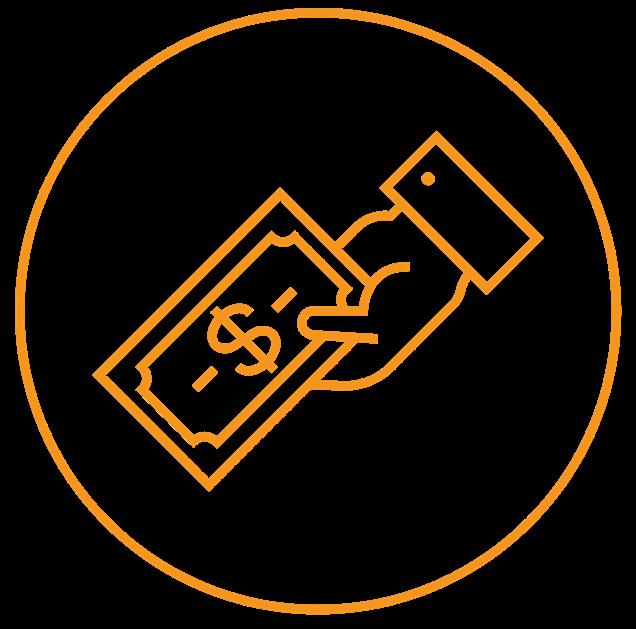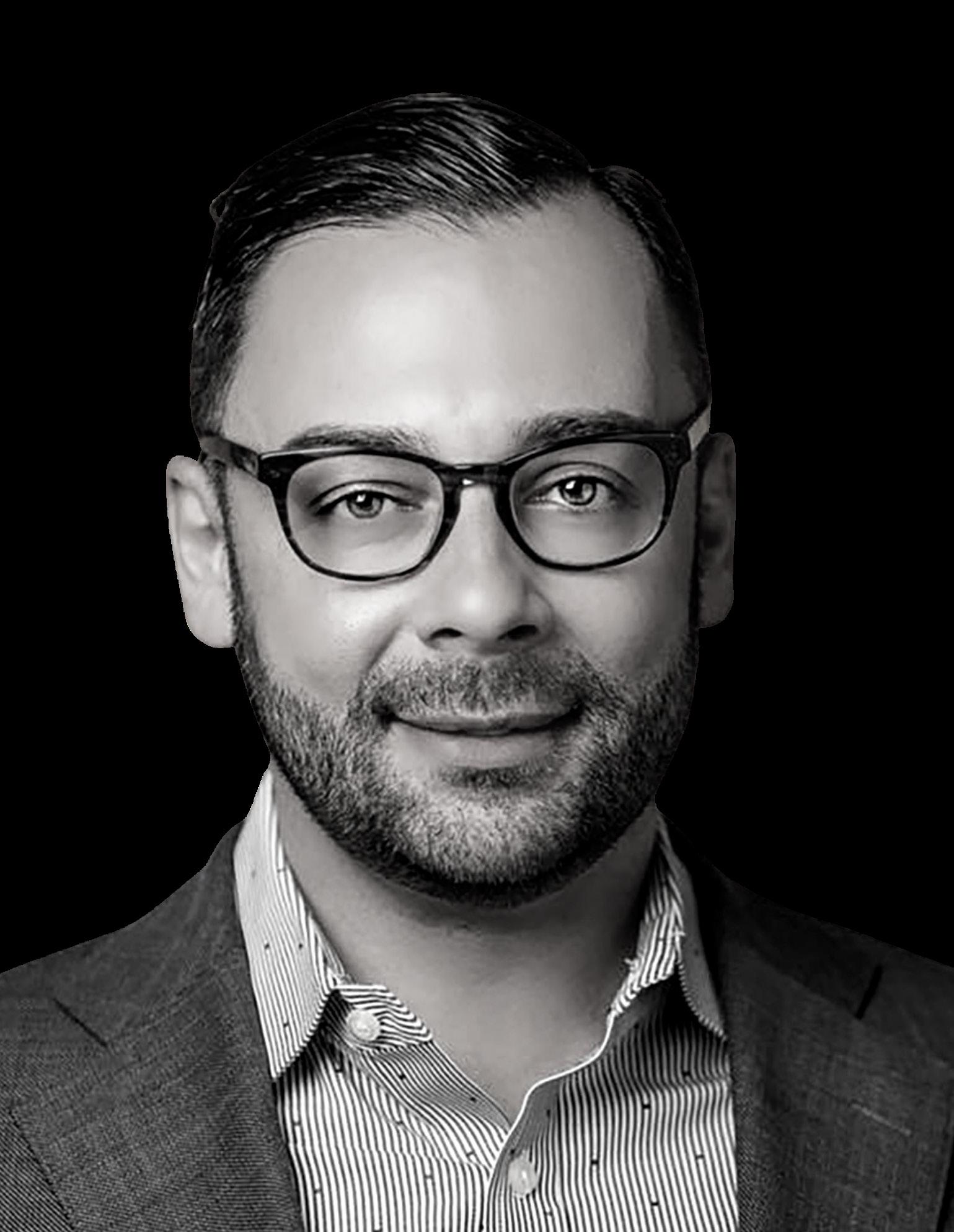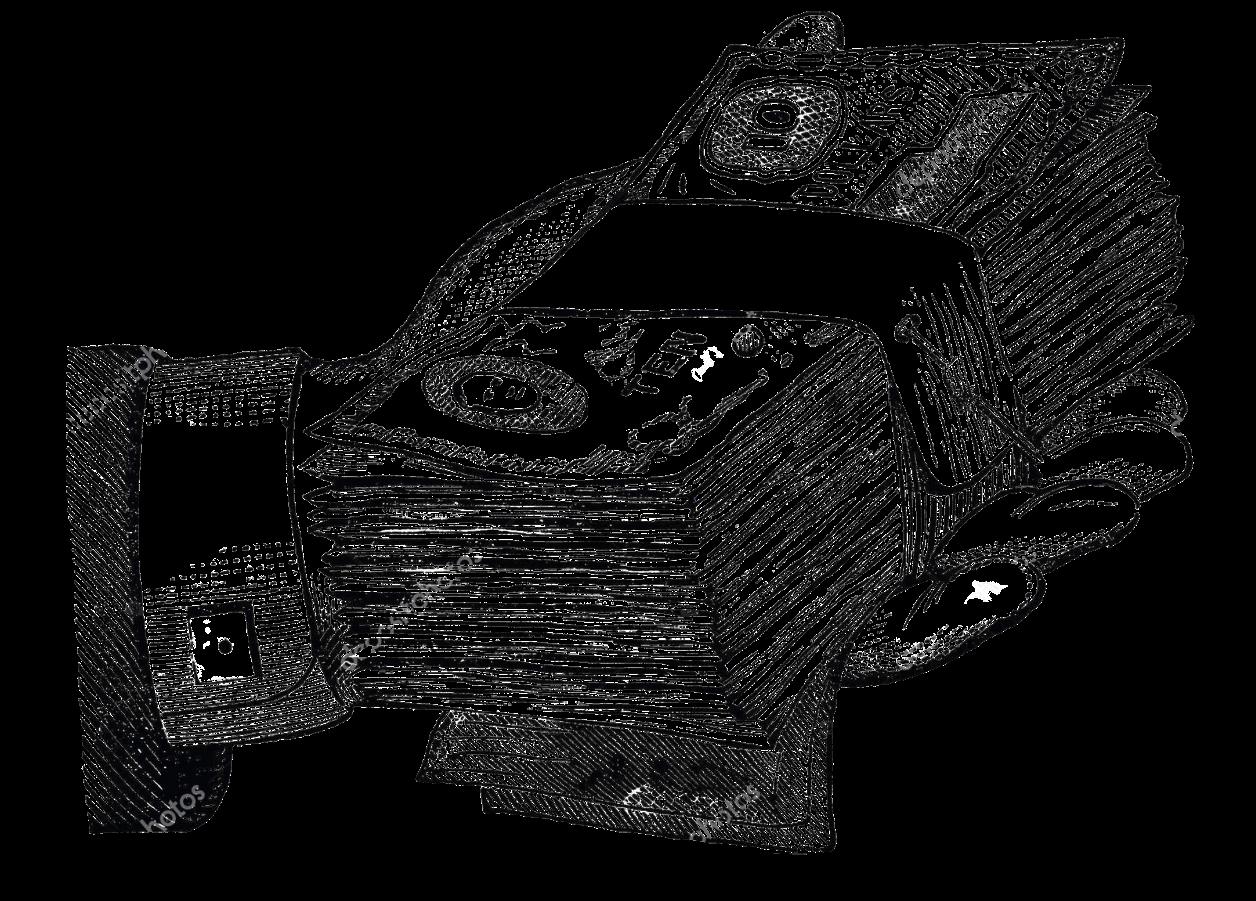
6 minute read
Philanthropy
Edgar Villanueva
Decolonizing Philanthropy
Advertisement
GABRIELLE DAVIS
pg. 44
Philanthropy, when broken down to its latin roots, means loving (phil-) mankind (anthorpo-). Philanthropy in the United States is defined as the contribution of private funds or resources to charitable causes. Using this definition, examples of philanthropy include: crowdfund campaigns, community relief funds, donating to charitable organizations, political campaign contributions, and much more. Though philanthropy as an established practice has only been defined for approximately 40 years, it has had an immense impact on the US. In fact, approximately 315 billion U.S. dollars are donated every year as an act of philanthropy, and almost every U.S. resident makes at least one philanthropic donation per year.
The number of funds dispersed philanthropically throughout the U.S. comes from four main sources: individuals, donations enacted by the will and testament of the deceased, corporate foundations, and philanthropic foundations. Philanthropic foundations are organizations in which philanthropist officials oversee the distribution of funds provided by a group or family of donors. One such philanthropist is Edgar Villanueva, an Indigenous scholar and author of Decolonizing Weath: Indigenous Wisdom to Heal Divides and Restore Balance, which has become a fundamental piece in the discussion of the intersections of social justice, decolonization, and philanthropy in the U.S. This essay will lean heavily on Villanueva’s scholarship.
Philanthropy, like other aspects of American culture, has been greatly influenced by colonial frameworks. The United States of America was founded on settler colonialism, and as Villanueva writes, “The mantra of colonizers is divide, control, (and above all) exploit.” Colonization did not go away with the founding of the country, but instead
pg. 45 Philanthropy

Philanthropy pg. 46
created the structures upon which it built the nation. American society has systematically benefitted the descendents of settler colonialists, utilizing wealth —among many other structures— to preserve systems of oppression.
Colonial Background
Many foundations and individuals in possession of extreme amounts of wealth attained it due to “old money,” which is also known as generational wealth. Much of this wealth was accumulated by white family namesakes in early U.S. colonial history, the result of exploitative and violent practices such as the displacement of Indigenous communities and the owning of slave plantations. This was followed by decades of xenophobic and racially discriminatory policies that excluded BIPOC (Black, Indigenous, and People of Color) individuals from social benefits that helped majority white communities build more wealth. An example of this is redlining policies that made it legal to discriminate against nonwhites when approving home loans while the country attempted to rebuild after the Great Depression. Today, white men hold the majority of the wealth in the U.S., and many people of color face huge disparities when it comes to wealth. In 2016, the average net wealth of white families was almost 10x those of Black families.
In a capitalistic society, the more money a donor or organization possesses, the more power they have to influence social change. It comes as no surprise that many philanthropists donate within their own interests, which has been defined as “venture philanthropy” — donating to maximize one’s own potential return. Similarly, many corporations use performative philanthropy as a way of marketing to potential customers

pg. 47 Philanthropy
by emphasizing the values and ethics of the company. Such motivations are often defined by white and wealthy individuals who leave those with real need behind. In 2014, only 7.4% of all U.S. philanthropy was given to support communities of color. Unfortunately, philanthropy done in the interest of personal gain helps to reinforce colonial systems.
Examples of Decolonization
In Decolonizing Wealth, Edgar Villanueva writes, “We can create new ways of seeking and granting access to money. We can return balance to the world by moving money to where the hurt is worst.” Villanueva explains that Indigenous traditions in which accessible medicine is used to achieve balance can help us learn how to view money as a medicine, or a source of healing. Villanueva writes how money can ethically come into play while communities go through these seven steps of healing: grieve, apologize, listen, relate, represent, invest, and repair.
In order to grieve the U.S. must sit with the pain and suffering that colonization caused. To apologize individuals must turn from the “inward focus of grief, outward to the others who were harmed.” This requires accountability and willingness to make change. Listening entails holding space for and giving power to those with lived experience from communities that have suffered. To relate is to build a healing relationship, and create safety for communities and individuals to bring their full selves without fear of repercussion or oppression. To represent is making sure decision-making spaces reflect communities through diverse and inclusive representation. Investing is straightforward: distributing funds directly into the act of healing and decolonization, or “putting all your money where your mouth is” in terms of repairing inequities among communities. Finally, to repair is to stop more hurt from happening.
Villanueva’s steps are a vastly beneficial framework for beginning the process of decolonizing philanthropy, and he has implemented them in the Decolonizing Wealth Project (https://decolonizingwealth. com) organization and Liberated Capital investment firm he founded. The Decolonizing Wealth Project seeks to disrupt traditional modes of philanthropy within the system of American capitalism by intentionally directing unrestricted funding to
Edgar Villanueva
pg. 48

pg. 49 Philanthropy
BIPOC communities, and giving space for BIPOC individuals to be a main part of the conversation. They describe themselves as “[offering] truth, reconciliation, and healing from the ails of colonization through education, radical reparative giving, and narrative change.” Liberated Capital is a donor group focused on similar goals, where the autonomy of grantees who have traditionally been underrepresented and marginalized is extremely important. They explain that their models are “rooted in relationships of mutuality and equity…[using] a reparations model that trusts and supports the leadership of those most impacted by historical and systemic racism.” The decolonized nature of Villanueva’s work is summarized in a catchphrase found on the website: “Solidarity not Charity.”
Another organization attempting to decolonize philanthropy is Resource Generation (https://resourcegeneration.org), a multicultural group organized by youth and young adults (ages 18-35) from families who fall in the top 10% of the wealthiest families in the U.S., and therefore experience extreme class privilege. They provide seminars, engagements, and resources on how the ultra-wealthy can redistribute their
Philanthropy pg. 50

money in ways to enact true systemic social change, increase social justice, and begin the healing process with the younger generation. One example of their work is the Land Reparations & Indigenous Solidarity Toolkit in which they provide educational history on colonization, case studies and examples of current best practices in decolonization, and philanthropic ideas on how to take action, including returning privatized land to Indigenous communities. Additionally, Resource Generation provides education on principles of Social Justice Philanthropy and Transformative Investing, which helps philanthropists hoping to decolonize their giving to see donation and investment as a way to implement the “equitable distribution of wealth, land, and power.”
Conclusion
While philanthropy is far from the only lever of change for creating social impact, its significance cannot be understated. Wealth translates to security and power in our society, two things which can and should be distributed more widely among individuals of all identities. Due to the persistence of colonial structures and mindsets, wealth disparities and investment priorities have often worked against already underrepresented communities. However, as we mindfully (re)examine our giving practices, and see money as a way to repair imbalances, we can decolonize philanthropy and take care of more people. As Edgar Villanueva lovingly writes about his profession,“This is Philanthropy. It is the family that embarrasses me and infuriates me. But it’s still my family, and I believe in redemption.”








